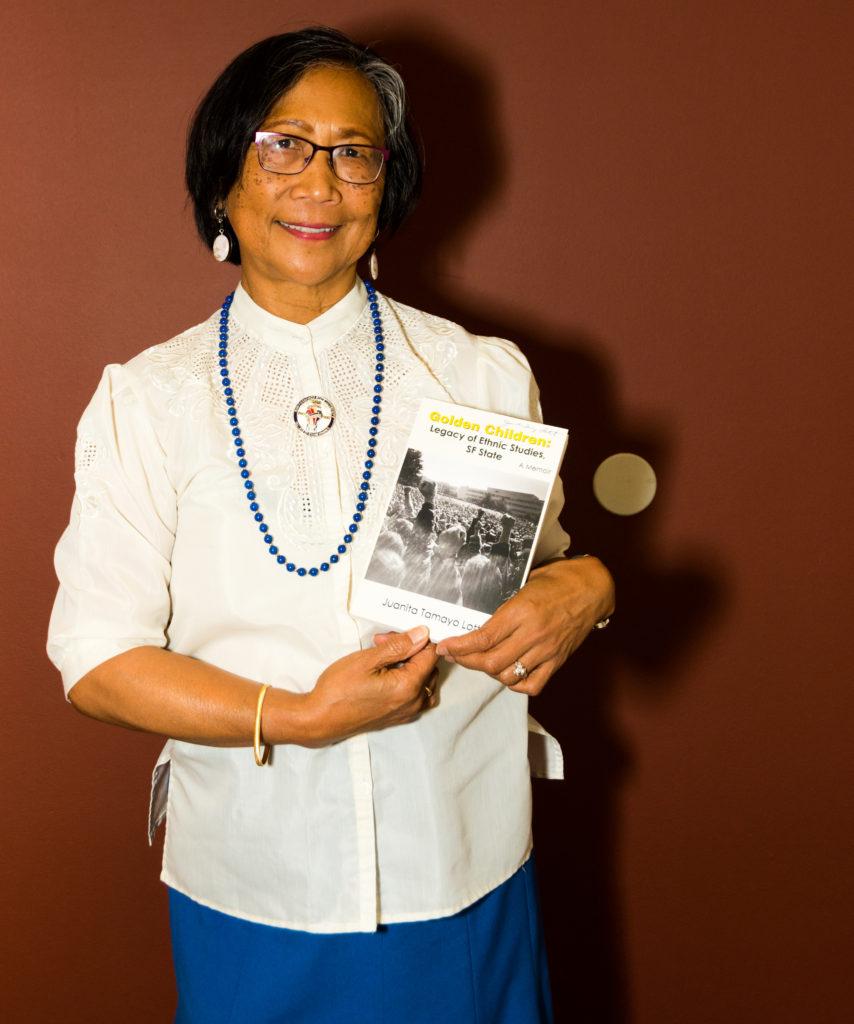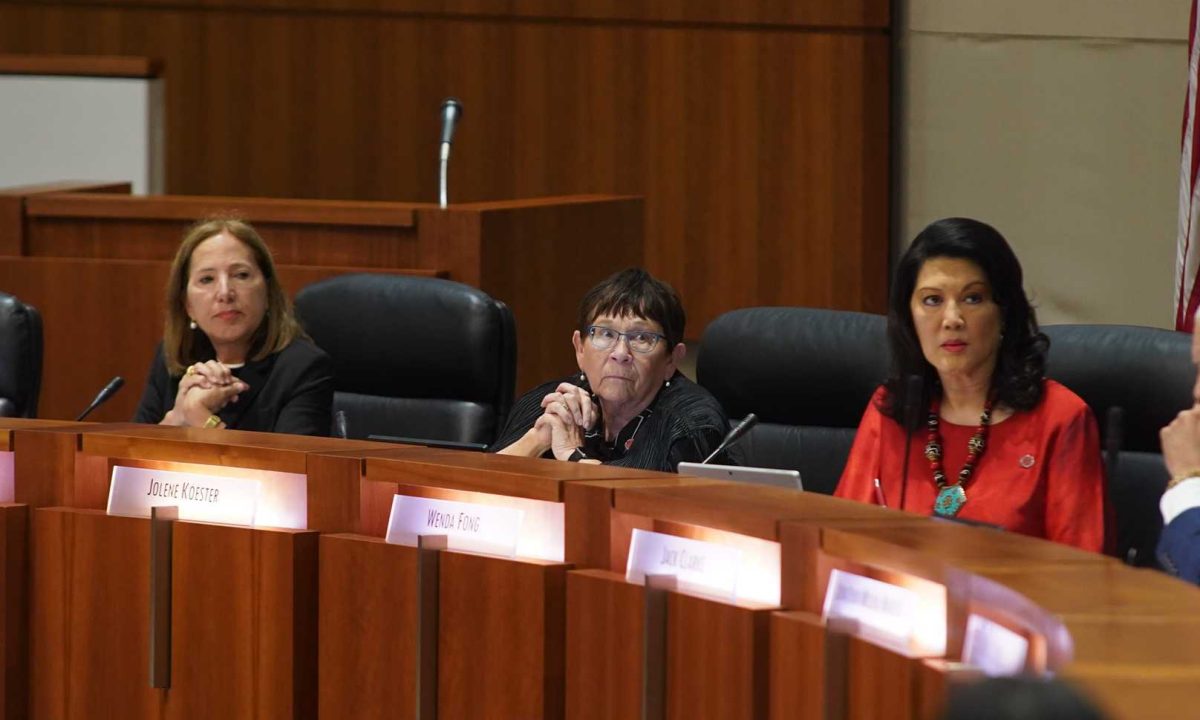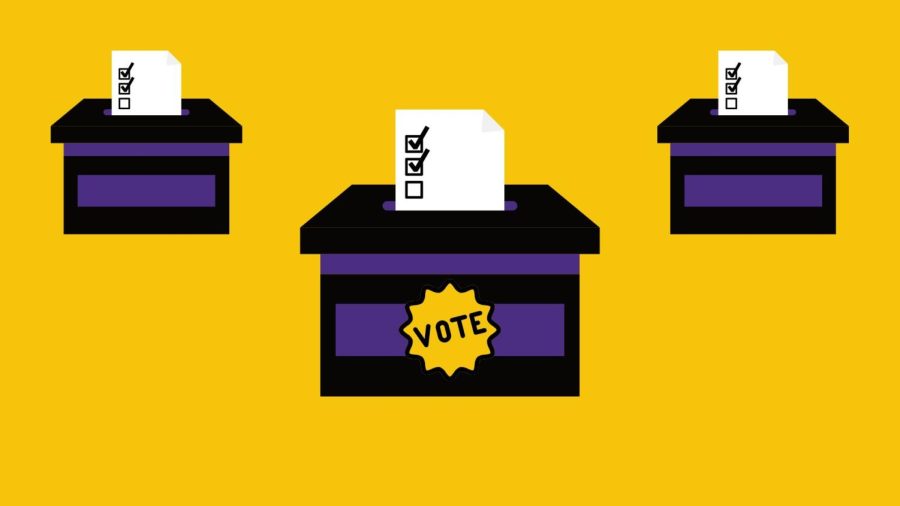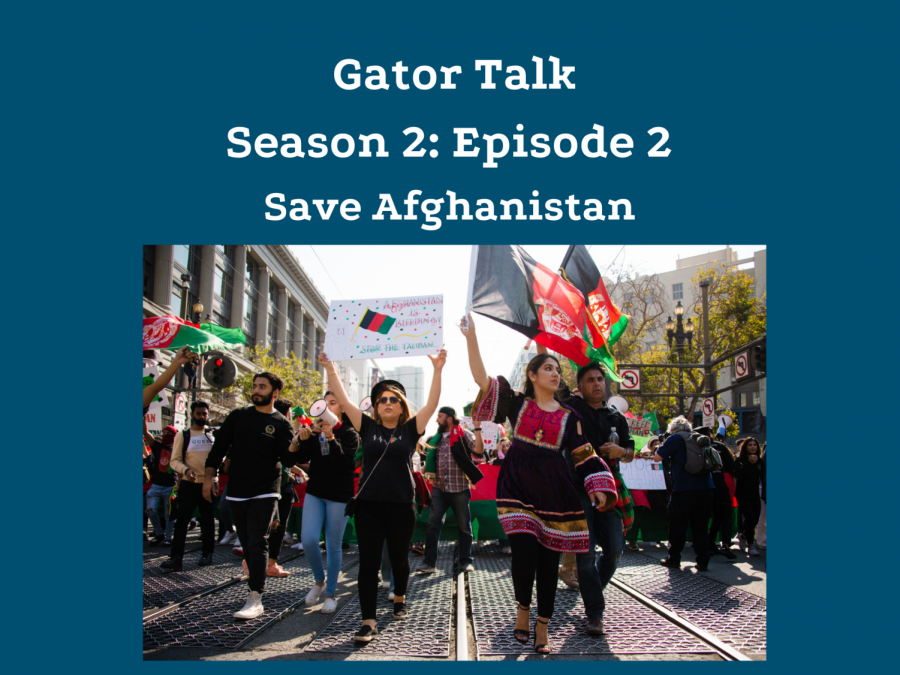Men dominated the largest ever student strike in American history, but none of it could have happened without the women working 24/7 behind the scenes.
That was the consensus among panel speakers at the “Third World Women’s Striker Panel” at SF State on Friday, Nov. 9, part of a two-day commemoration of the 50th anniversary of the 1968 Third World Liberation Strike at what was then known as San Francisco State College.
“The face of the strike was male, but the engine of the strike was female,” said Carmen Carrillo, a former striker and moderator of the event.
Labeled by panelists as the “backbone of the strike,” women organizers were in charge of a legal defense fund, bailing people out of jail, and clerical work.
Margaret Leahy, a panelist and former striker, bailed jailed strikers out on her own, using sexism in her favor by wearing mini-dresses to ask judges for bail reductions.
Women also rallied to protest the incarceration of women strikers.
“The women in ‘68 were tough, even in jail,” said Juanita Boles, former striker.
When one woman was placed in isolation after mass arrests at SF State, striking women protested outside the jail even while being sprayed with fire hoses, until she was released.
Many women were taught to defend themselves using the same type of billy clubs that police so often used against them.
Sharon Martinas, who led the legal defense fund, took advantage of her cultural capital as a white woman to demand accreditation for participation in the strike from the administration.
Women strikers and faculty also created the curriculum for the emerging Ethnic Studies department.
“Nobody did it for us, we had to do it. Not that we knew how to do it, we had to think of it along the way,” Carrillo said. “The first curriculum for La Raza studies […] I basically wrote it.”
Women did most of the work to inform the public about strikers’ demands and actions, and to create connections with community organizations.
“Women carried on the political vision of the strike,” Martinas said.
“The women did the work in the strike that was necessary to continue, and to win,” Leahy agreed.
Panelists acknowledged that it was primarily men who acted as the spokespeople with the press and at podiums.
“As most women of the time, I never put myself forward. You will never see me at the speaker’s stand,” Leahy said.
The women faced plenty of condescension from the striking men. Penny Nakatsu had a reputation of calling out men for their sexist remarks, but acknowledged that most women did not speak up.
The panelists said sexism was just part of the times then, and they commemorated the men of the strike as well.
Leahy said several men lost their jobs and even their families to join forces with the strikers.
“They too fought and also have to be respected. They should be honored here and in any other celebration of the strike,” Leahy said.
The women panelists shared two things in common: they were told to be secretaries and to never cross a picket line during as they entered college.
In disobeying these instructions, the women became activist leaders both during the strike and afterward.
“The experiences here made me the woman I am today,” Martinas said.
Carrillo said she wished that the ties between current College of Ethnic Studies faculty and students and former strikers were closer.
“We would like to be a resource to this generation of students,” Carrillo said. “Where are the professors? I think all of us would have been gratified if the professors were here and said ‘I’m doing this in my class.’”
Carrillo said she’s not sure that the Ethnic Studies department has maintained the strikers’ intentions in 1968 to unify disparate ethnic groups with the community.
“The college would go to the community and interact with the community and be an inclusive part of it, and we’re not sure if that’s happening,” Carrillo said.
Carrillo said that many strikers want continued involvement in what’s happening at the college.
“We’ve laid our bodies on the tracks. We care, we’d like more involvement because we care,” Carrillo said.
The panelists felt that the feats of women strikers proved that they were a force to be reckoned with, then and now.
“If we can establish a College of Ethnic Studies at 20 year olds, what can we do today?” Boles said. “We can change the world.”







